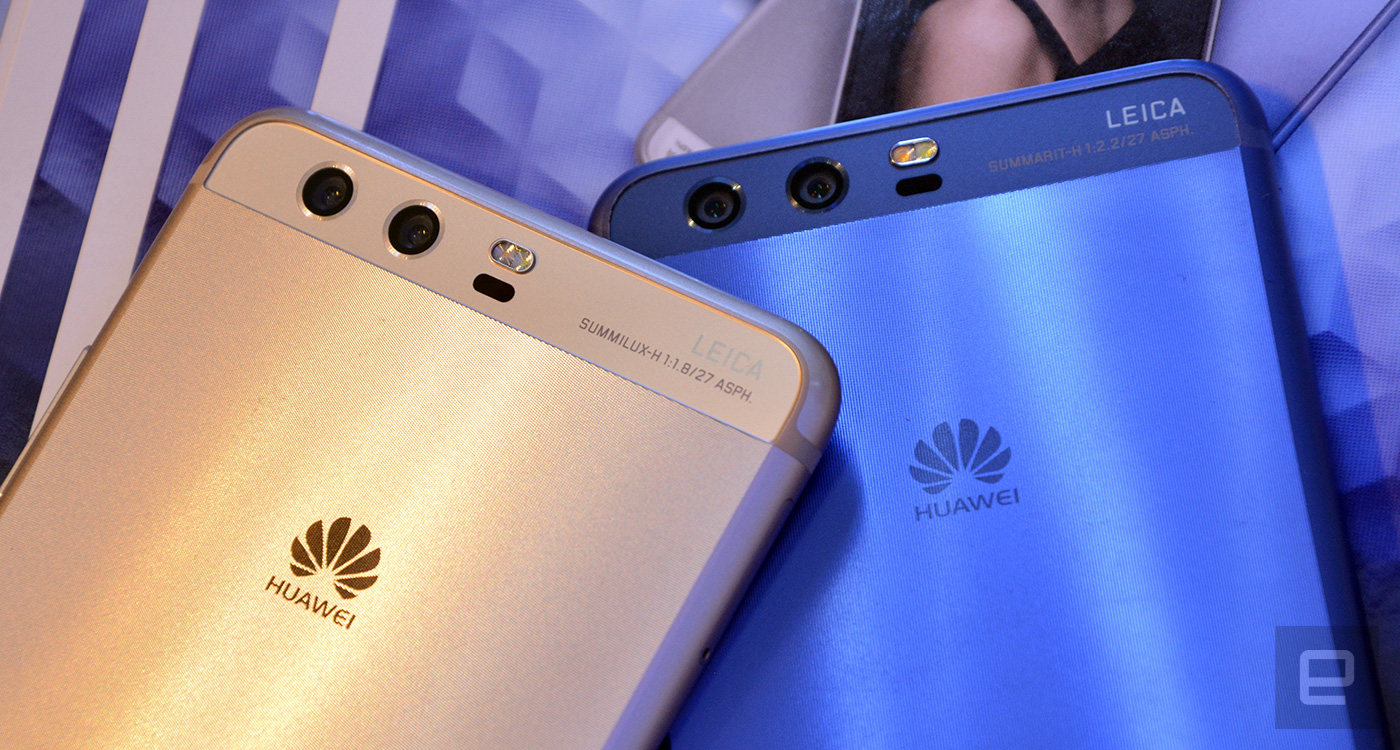Tag Archives: emmc
Huawei blames slower P10s on memory shortage
 Memory speed isn't always something that one would pay attention to when buying a smartphone, or at least you'd expect the latest flagships to come with the fastest options available at the time, but it turns out that this isn't necessarily true. Rec...
Memory speed isn't always something that one would pay attention to when buying a smartphone, or at least you'd expect the latest flagships to come with the fastest options available at the time, but it turns out that this isn't necessarily true. Rec...
Lenovo CES Highlights – Miix 2 And Yoga 2
Xiaomi Mi3 is New Apple iPhone 5S Killer
TRIM in Android 4.3 will Improve Nexus Performance
Samsung Produces World’s Fastest Embedded Memory
Samsung develops ‘world’s fastest’ embedded memory, first with eMMC 5.0
The evolution of mobile memory chips keeps moving faster, if Samsung's progress is any indication. Not eight months since churning out those speedy eMMC 4.5 chips, and the company's next version of NAND is already here. Indeed, the South Korean company says it's now in mass production of what it deems as the world's fastest embedded memory. The new eMMC PRO chip is based on 64GB 10nm class NAND flash technology and would be the first to support the eMMC 5.0 standard. The chips will be available in the usual 16, 32 and 64GB iterations and feature an interface speed of 400MB/s. The 32 and 64GB densities in particular boast random read and write speeds of 7,000 IOPS (inputs/outputs per second) and sequential read and write speeds of 250MB/s and 90MB/s respectively. What do all of those numbers mean? Well, they should translate to much better performance when it comes to multitasking, browsing, file transfers, HD video capture, gaming and just general computing. Combined with the firm's upcoming Exynos 5 Octa 5420 SoC, and we're champing at the bit to see them implemented in Samsung's next generation of mobile devices.
Filed under: Samsung
Tegra 4 reference tablets use SanDisk iNAND Extreme, mate a fast CPU with fast storage
It's well established that NVIDIA's Tegra 4 is at least reasonably quick. It's only quick when the storage isn't a bottleneck, however, which is why SanDisk has negotiated a repeat partnership as the official storage supplier for reference Tegra 4 tablets. Pop open one of the designs and you'll find either 16GB or 32GB of SanDisk's iNAND Extreme keeping pace with the quad-core processor. The reference deal may be more than just a publicity grab: it raises the chance that companies will use the speedier flash memory in their own Tegra 4 slates. Whether or not SanDisk makes it to shipping devices, the deal could lead to balanced tablet hardware that seldom leaves us waiting.
Filed under: Tablets, Storage, Mobile, NVIDIA
Source: SanDisk
Samsung’s new 10nm-process 64GB mobile flash memory chips are smaller, faster, better
Even though Samsung only announced volume production of ultra-fast eMMC memory chips back in August, it's already upgrading to a newer generation of hardware. Moving from the previous 20nm process to 10nm, the new 64GB eMMC Pro Class 2000 has a 20 percent smaller physical footprint, and claims 30 percent advantages in both performance and manufacturing productivity. While its previous chips only starting taking advantage of JEDEC's eMMC 4.5 interface standard a few months ago, Samsung plans to approach the group next year to create a new standard that can handle this design. It has a write speed of 2,000 IOPS (input/output per second) and a read speed of 5,000 IOPS, besting the 1,500/3,500 numbers reported on the older hardware, and kicks up the bandwidth to 260 MB/s read and 50MB/s write. These chips went into production late last month and are destined for slim phones and tablets near you, even if they don't say Samsung on the outside.
Filed under: Cellphones, Tablets, Mobile, Samsung
Samsung's new 10nm-process 64GB mobile flash memory chips are smaller, faster, better originally appeared on Engadget on Thu, 15 Nov 2012 00:49:00 EDT. Please see our terms for use of feeds.
Permalink | Samsung Semiconductor | Email this | Comments
Samsung Semiconductor | Email this | Comments Samsung starts mass-producing 4x faster mobile flash memory, kickstarts our phones and tablets
Samsung isn't content to leave fast NAND flash memory to traditional solid-state drives. Its Pro Class 1500 promises a big jolt to the performance of frequently pokey smartphone and tablet storage. By how much? That name is a clue -- it reaches 1,500 IOPS (inputs/outputs per second) when writing data, which along with 3,500 IOPS data reads is about four times faster than any previous embedded flash chip Samsung has tested. In the real world, that leads to as much as 140MB/s when reading data and 50MB/s for writes. The speed comes after Samsung has thrown virtually every trick in the book at its new chips, including a dense 20-nanometer manufacturing process, quick toggle DDR 2.0 memory with its own controller and a new JEDEC memory standard with 200MB/s of bandwidth to spare. Samsung hasn't named customers for the 16GB, 32GB and 64GB parts that are rolling out of the factories, although we'd do well to remember that a flourishing phone business doesn't guarantee that the only major customer is Samsung itself: even in the face of legal challenges, Samsung still has at least one noteworthy client that tends to snap up much of its flash supply.
Filed under: Cellphones, Tablet PCs, Storage
Samsung starts mass-producing 4x faster mobile flash memory, kickstarts our phones and tablets originally appeared on Engadget on Thu, 02 Aug 2012 01:18:00 EDT. Please see our terms for use of feeds.
Permalink | Samsung Tomorrow | Email this | Comments
Samsung Tomorrow | Email this | Comments 











